South Korean police failed to raid the presidential office on Wednesday as the presidential security service refused to cooperate with their investigation into President Yoon Suk-yeol's brief imposition of martial law last week.
Instead, Yoon's office voluntarily submitted "very limited" documents and materials to the police, Yonhap News Agency reported.
A team of 18 investigators arrived at the presidential office compound before noon to search for materials related to the martial law decree, including records of a Cabinet meeting held shortly before Yoon announced the order on Dec 3. The presidential staff members denied the team entry, and the two sides held talks for hours before Yoon's office voluntarily gave some documents to effectively block the raid.
Investigators, however, successfully raided the offices of the National Police Agency and the Seoul Metropolitan Police Agency, among others, on Wednesday. The raids followed the emergency arrests of heads of the two agencies, Yonhap reported.
South Korea's Ministry of National Defense, anti-corruption investigation agency and police have launched a joint team to probe Yoon's alleged insurrection through imposition of the martial law.
Law enforcement officials have left open the possibility of placing Yoon under emergency arrest without a warrant given the gravity of the charges, as insurrection is a crime that carries a penalty of up to death in the country.
Amid widening investigations and growing political uncertainty, South Korea's former defense minister Kim Yong-hyun made an unsuccessful attempt to take his own life at a detention facility in Seoul late on Tuesday, shortly before a court issued a warrant to arrest him.
The former defense minister took office in September, but was compelled to resign last week following the botched attempt to impose martial law in the country.
Kim, who was questioned for five hours by prosecutors on Wednesday, testified that Yoon conducted a legal review of last week's martial law decree and they co-wrote the final draft, with Yoon editing a part of the content, Yonhap reported.
Meanwhile, the main opposition Democratic Party plans to introduce a new impeachment motion against Yoon in the National Assembly on Thursday, which is expected to be put to a vote on Saturday.
The previous impeachment vote failed as members of the ruling People Power Party, of which Yoon is a member, boycotted the session.
The Democratic Party and other small opposition parties together have 192 seats in the 300-member National Assembly.
At least eight votes from the ruling party are needed to reach the two-thirds majority required for impeachment. Five members of People Power Party have voiced their support for this week's vote.
Prime Minister Han Duck-soo will temporarily take over presidential responsibilities, if the second impeachment motion is passed in the National Assembly.
At a parliamentary plenary session on Wednesday, Han told lawmakers that although he had attended an emergency closed-door Cabinet meeting on Dec 3, shortly before Yoon declared martial law, he had opposed the move out of concerns for South Korea's economy and image.
Han added that he had no prior knowledge of the move before the Cabinet meeting and regretted his failure to prevent it.
As South Korea reels from the aftermath of the short-lived martial law, concerns are growing about a "diplomatic vacuum" in the country.
United States Defense Secretary Lloyd Austin canceled his plans to visit the East Asian country, calling it an inappropriate time, while Swedish Prime Minister Ulf Kristersson's visit has been deferred, according to Reuters.
A trip by former Japanese prime minister Yoshihide Suga, which was scheduled for later this month, has also been canceled, while Japan News reported that a planned visit by Prime Minister Shigeru Ishiba in January "has become almost impossible" to realize.
Mason Richey, a professor of international politics at Hankuk University of Foreign Studies in Seoul, said that in the short term, most countries are going to adopt a wait-and-watch policy.
Richey added that Yoon is unlikely to resign, opting instead to take his chances that a presumed post-impeachment review by the Constitutional Court will go in his favor.










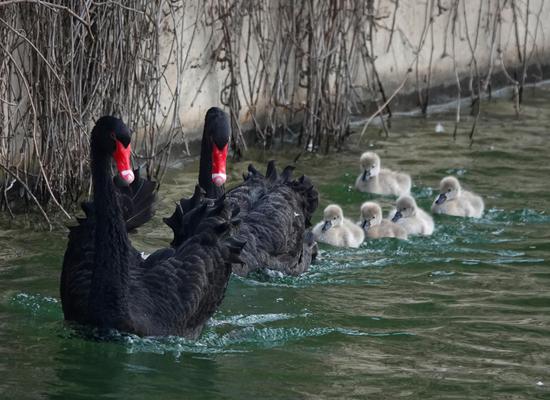
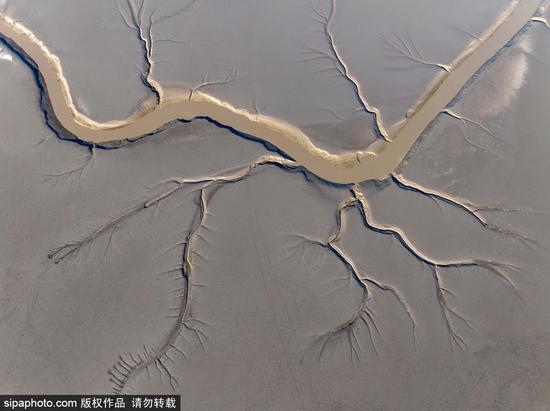
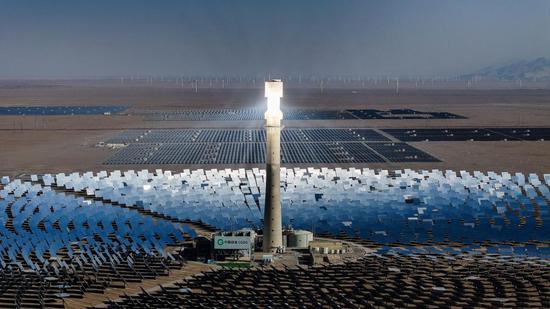
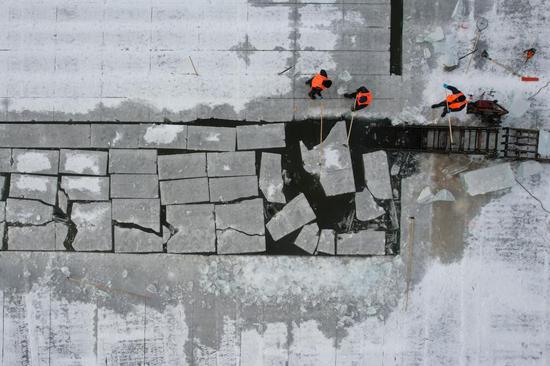
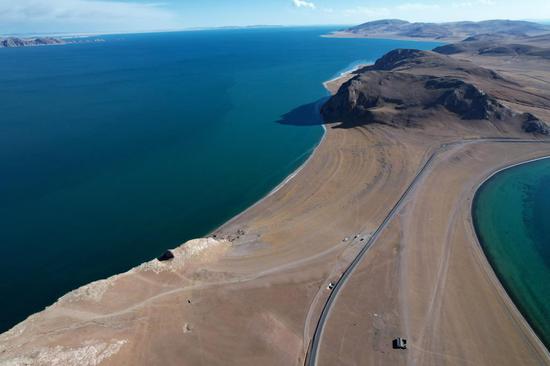

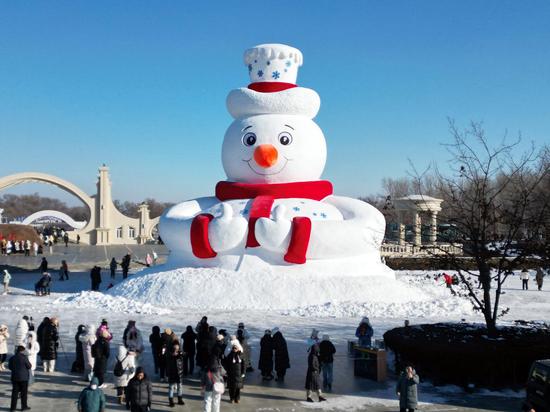
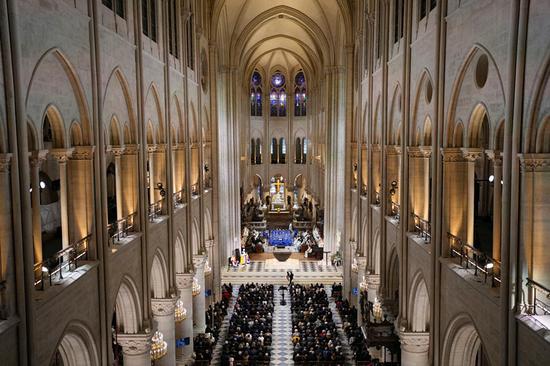

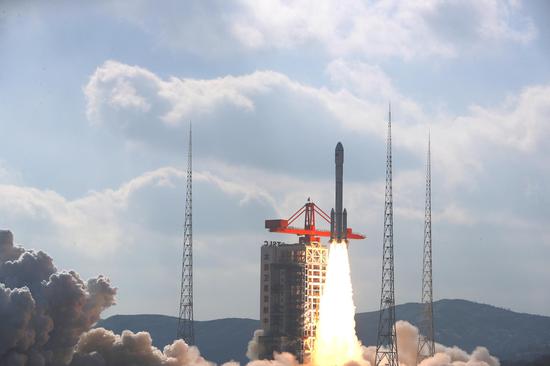

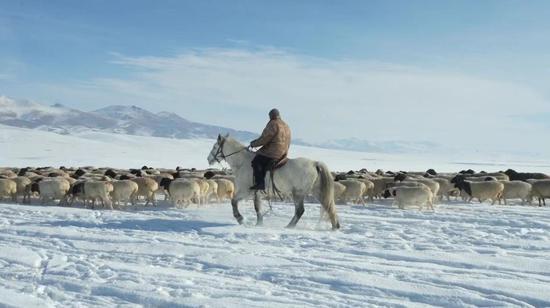


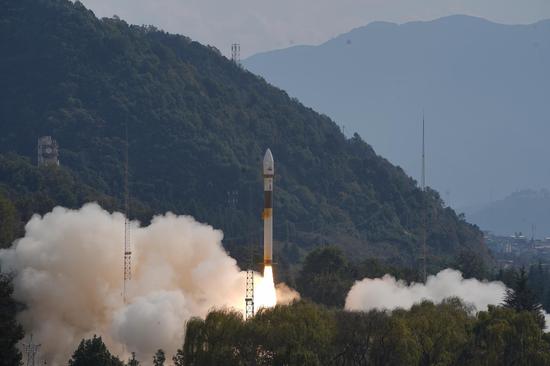
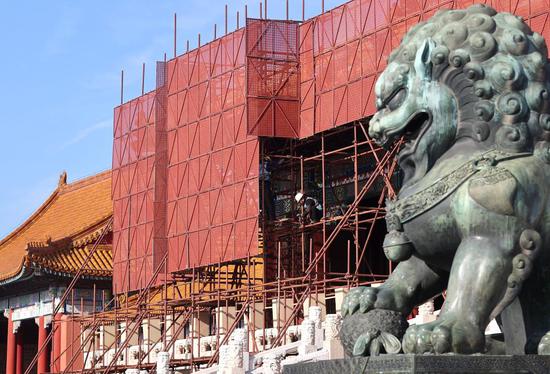
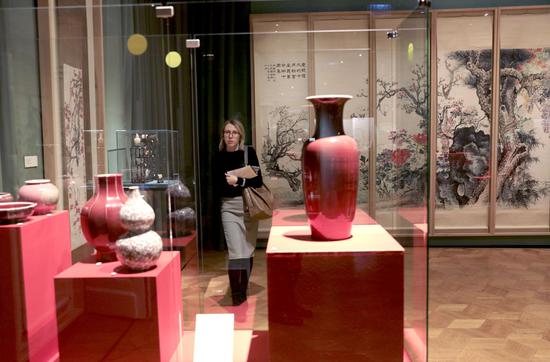
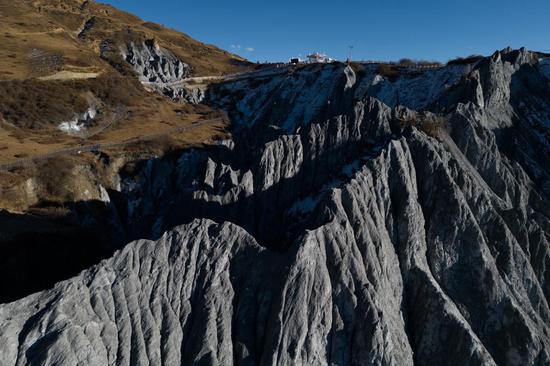
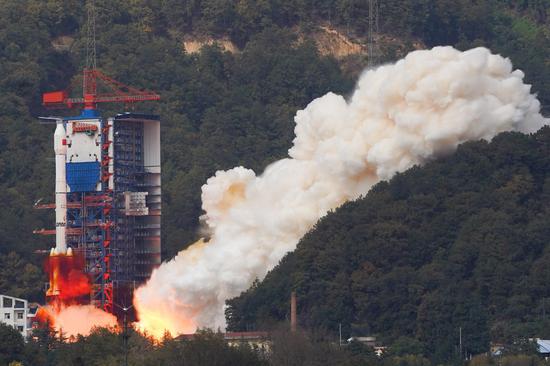
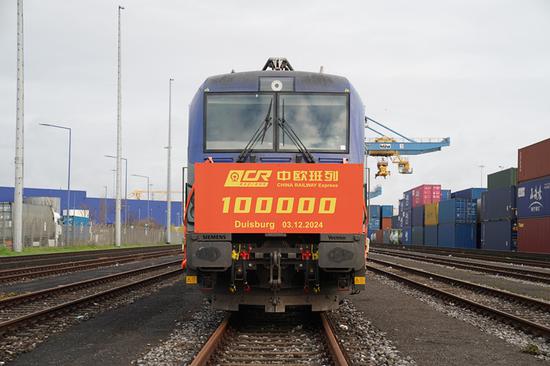
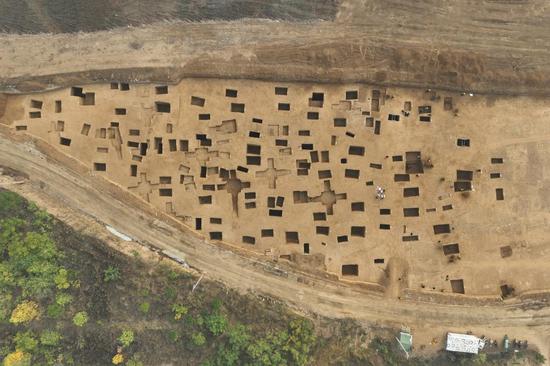
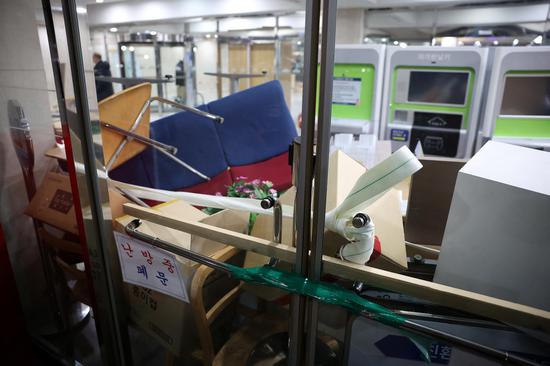
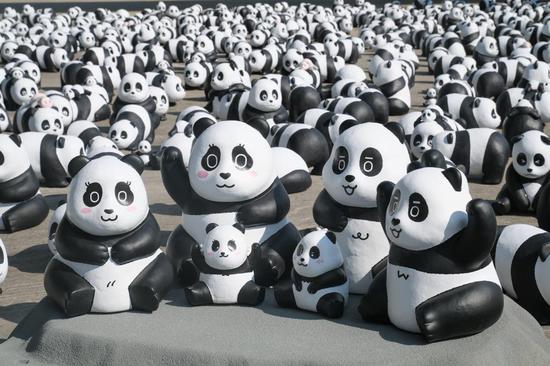

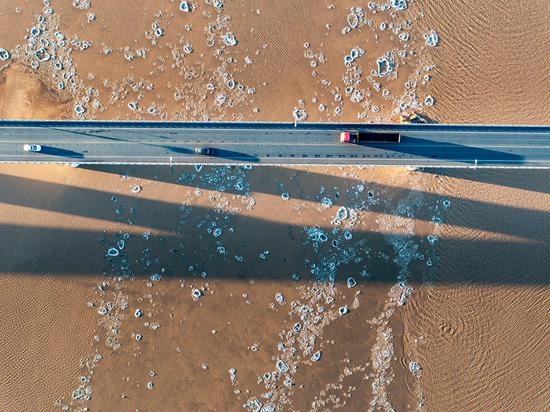


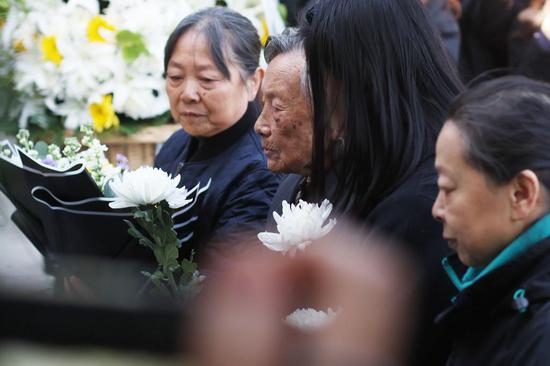


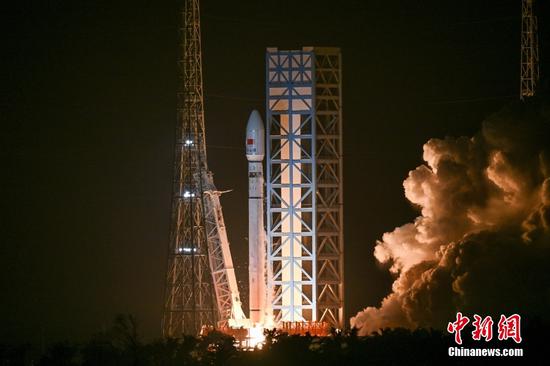

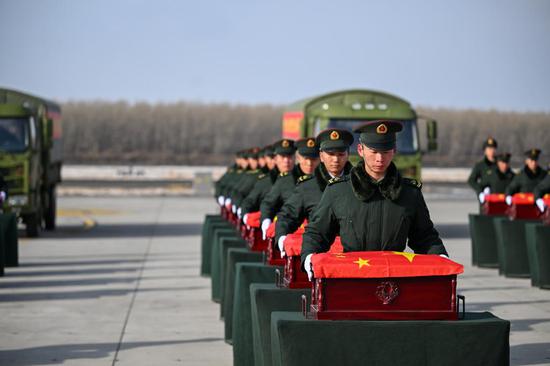
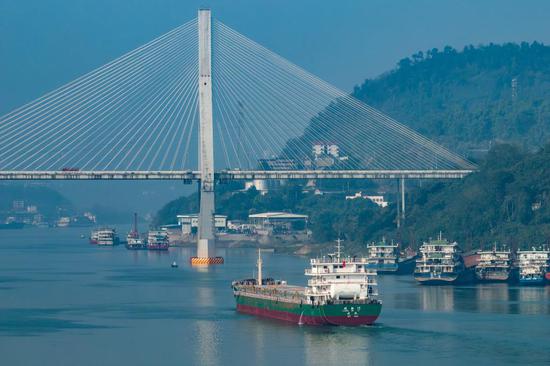
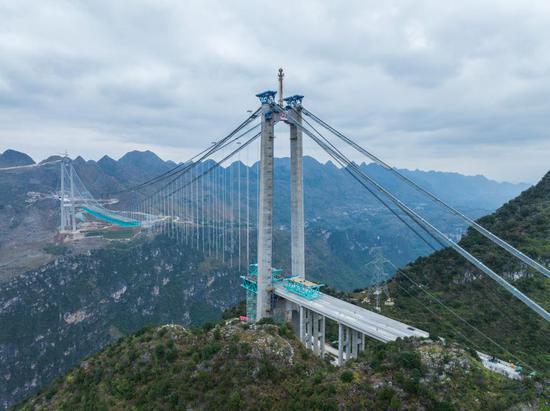

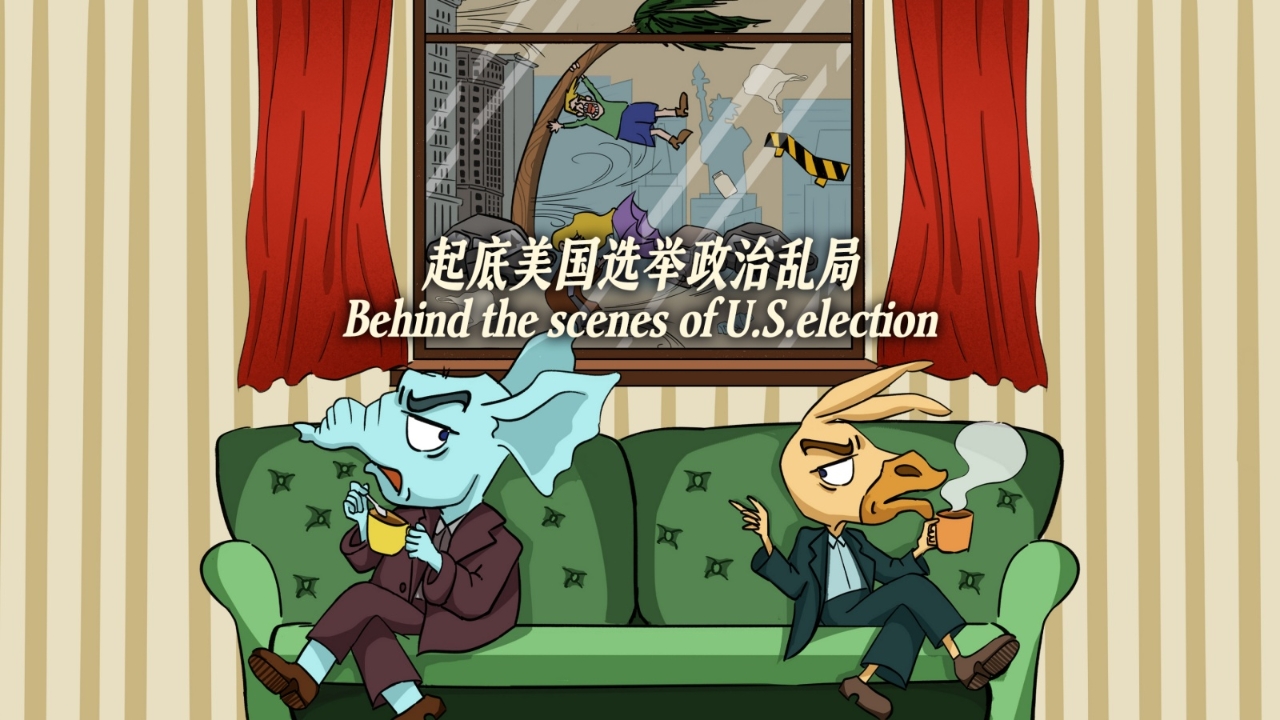



 京公网安备 11010202009201号
京公网安备 11010202009201号